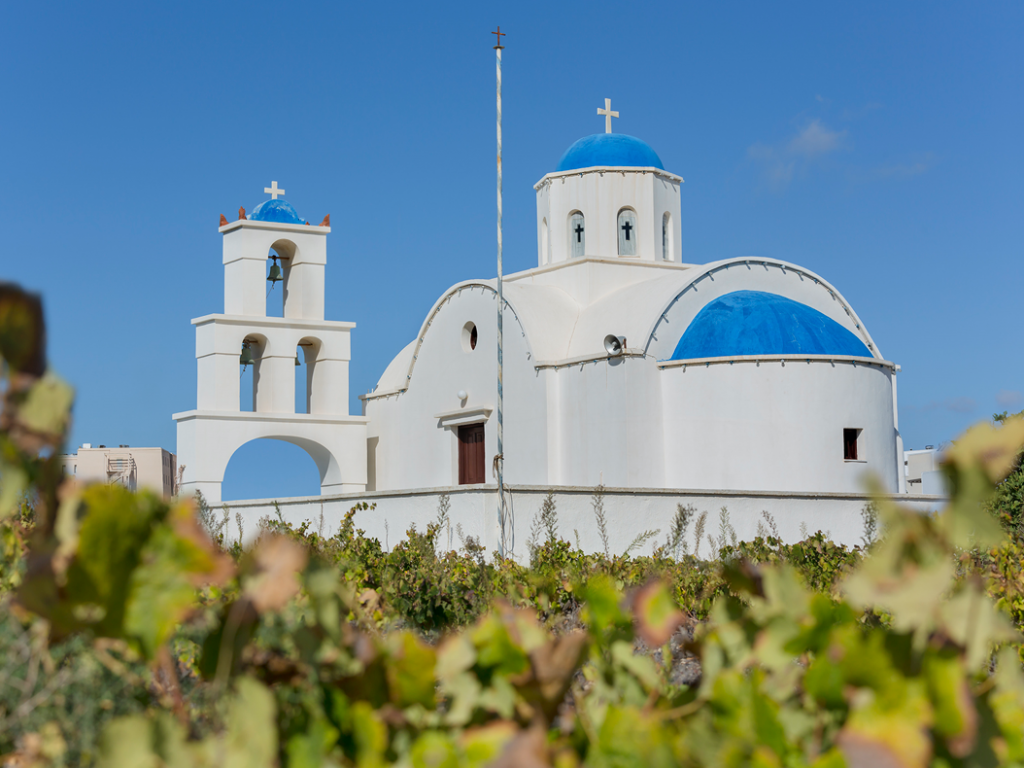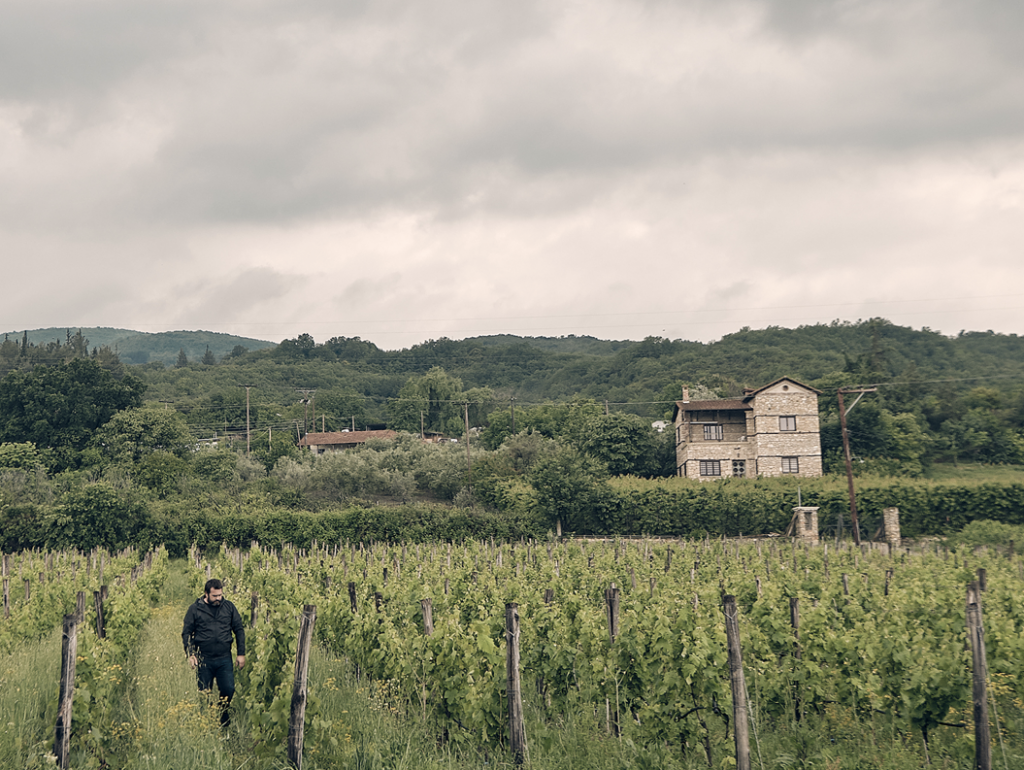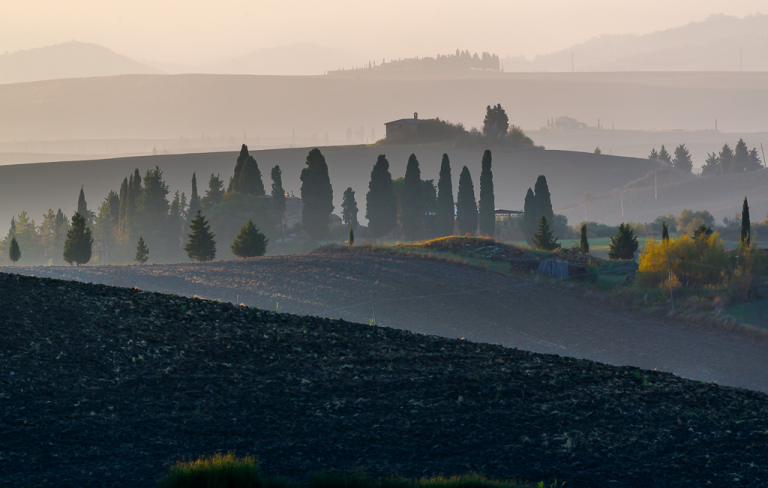For a long time, Greek wines were equated with inferior quality. Apart from Retsina, which has divided the wine community into lovers and haters, wines from Greece were hardly known. But this has now changed, as luxurydefined, the online magazine of Christie’s International Real Estate, writes in an extensive article about the rise of Greek premium wines: “Home to an ancient lineage of grape vines, Greece’s new approach to wine is ensuring that sommeliers and oenophiles everywhere are taking note. Greece, one of the oldest wine-producing countries in the world, with a vinification tradition that stretches back 5,000 years, had established itself as a maker of considerable prestige even during their lifetimes.”
“Greek wines had a golden age that spanned millennia,” explains Caitlin Miller a New York-based specialist in wines and spirits, “but they were eventually surpassed. Revolutions, wars, invasions, infestations of the vine-destroying louse, phylloxera —particularly on the mainland—all took an enormous toll on the industry.”

More than 40 local grape varieties grow on Santorini, where volcanic soils impart a low pH and a pleasant mineral taste to wines that have excellent aging potential. Image: Getty Images
“By the 20th century, the glory days seemed well and truly over,” she continues. “Though good wines were still being made by dedicated, passionate makers, they were overshadowed by mass-produced, poor-quality varieties that dominated the market and, sadly, came to represent Greece.”

At Earth and Sky vineyard in the village of Trilofos, Apostolos Thymiopoulos—one of Greece’s leading winemakers—has established a reputation as an expert in biodynamic expressions of Xinomavro. Image: Courtesy Odysea
But about 30 years ago things took a turn for the better. Since then, great things have happened and are continuing to happen. Visitors to Greece wanted to discover excellent local produce, the EU granted generous subsidies to the wine industry and wine makers were willing and able to invest their labor, capital, and love into low-yield, premium production.
Read the original article here to learn more about the fascinating development of the Greece wine industry.


